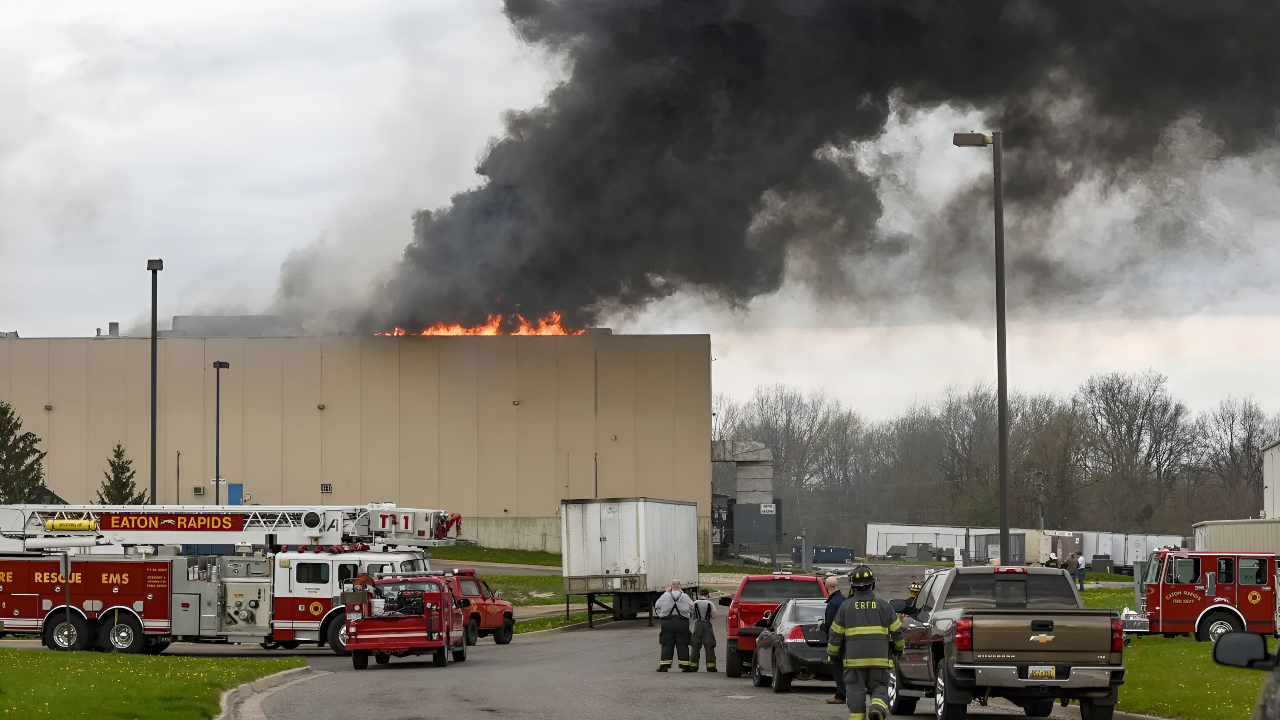
A large fire erupted at the Novelis aluminum plant in upstate New York, sending shockwaves across the auto industry. Novelis is vital to automakers who depend on its aluminum to build cars and trucks, especially Ford’s top-selling F-150 pickup.
This blaze forced Novelis to stop production, leaving Ford and other companies scrambling for new sources of aluminum.
Sudden Supply Chain Chaos
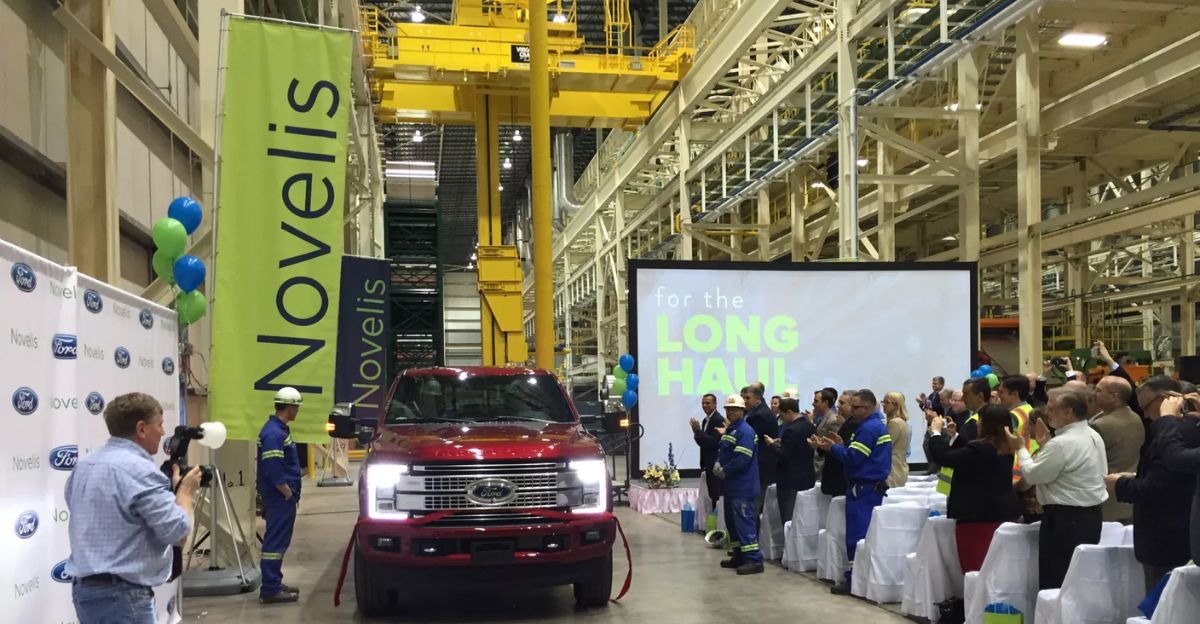
When Novelis halted operations, auto companies, including Ford, faced immediate problems. Aluminum is a key material for many vehicles, and with the plant down, companies struggled to keep up with production.
“Unless Ford can find an alternative source quickly, a three-month gap in aluminum production will interrupt production of the Super Duty, Ford Expedition, Lincoln Navigator, and Ford F-150, among other models. Only a couple of weeks into this problem, and Ford shutting a major plant is not a good sign for the supply of this key material,” Sam Fiorani, vice president of Global Vehicle Forecasting at AutoForecast Solutions.
Ford Faces Big Aluminum Problems

Ford relies heavily on Novelis for aluminum, especially for its hugely popular F-Series trucks. The fire meant Ford had to quickly hunt for alternative suppliers to keep trucks rolling off the line.
According to the Detroit Free Press, “President Donald Trump’s 50% tariffs on imported aluminum will make finding an alternative source with enough capacity difficult and expensive.”
F-150 Manufacturing on Thin Ice
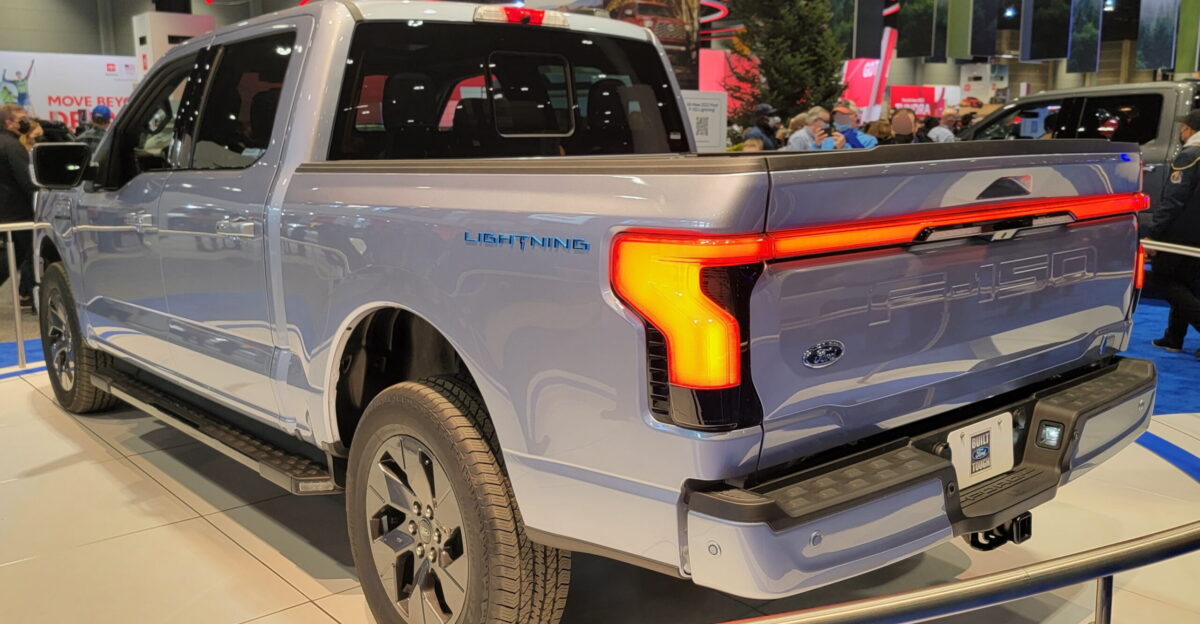
At first, Ford kept F-Series production going, but with fewer aluminum deliveries, a pause was looming. Staff were told the Kentucky Truck Plant may run short in the coming shifts.
The F-series is the best-selling car Ford currently has, “So it makes sense to prioritize that production over any other vehicle, even Navigator and Expedition, which are also highly profitable but have much lower volume,” said Morningstar Autos Analyst David Whiston.
Other Ford Vehicles in Trouble

Not just F-Series trucks, Ford had to halt production of models like the Expedition and Lincoln Navigator. Operations at the Kentucky Truck Plant were put on hold for a week, impacting workers and customers.
“Since the fire nearly three weeks ago, Ford has been working closely with Novelis, and a full team is dedicated to addressing the situation and exploring all possible alternatives to minimize any potential disruptions,” said a Ford representative.
Tens of Thousands of Jobs at Risk
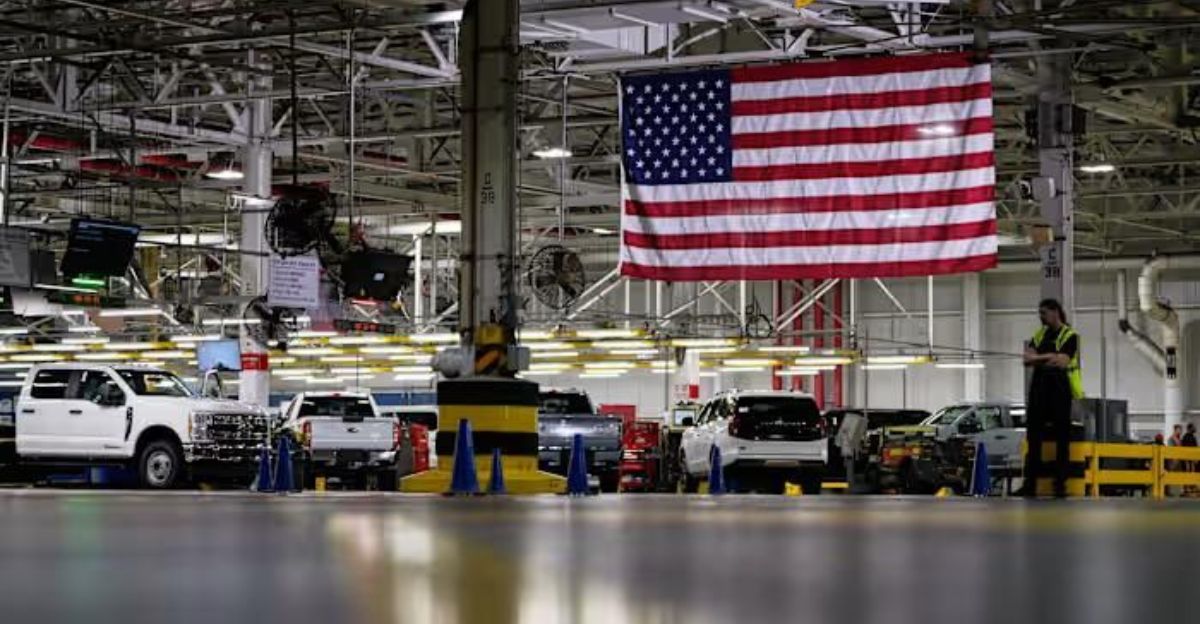
With vehicles not getting made, up to 50,000 jobs are threatened, from plant workers to suppliers and delivery drivers. Hundreds of component manufacturers across Michigan, Ohio, Tennessee, and Kentucky now face work stoppages as Ford cancels or delays parts orders.
Entire regions built around Ford manufacturing hubs could endure serious economic loss. The Louisville economy, for example, depends heavily on the Kentucky Truck Plant, one of Ford’s most productive facilities. When such plants pause, local businesses see immediate downturns. Economists estimate that for every job lost at a Ford plant, three to five additional jobs in the community could be affected.
Ford Responds with Quick Changes
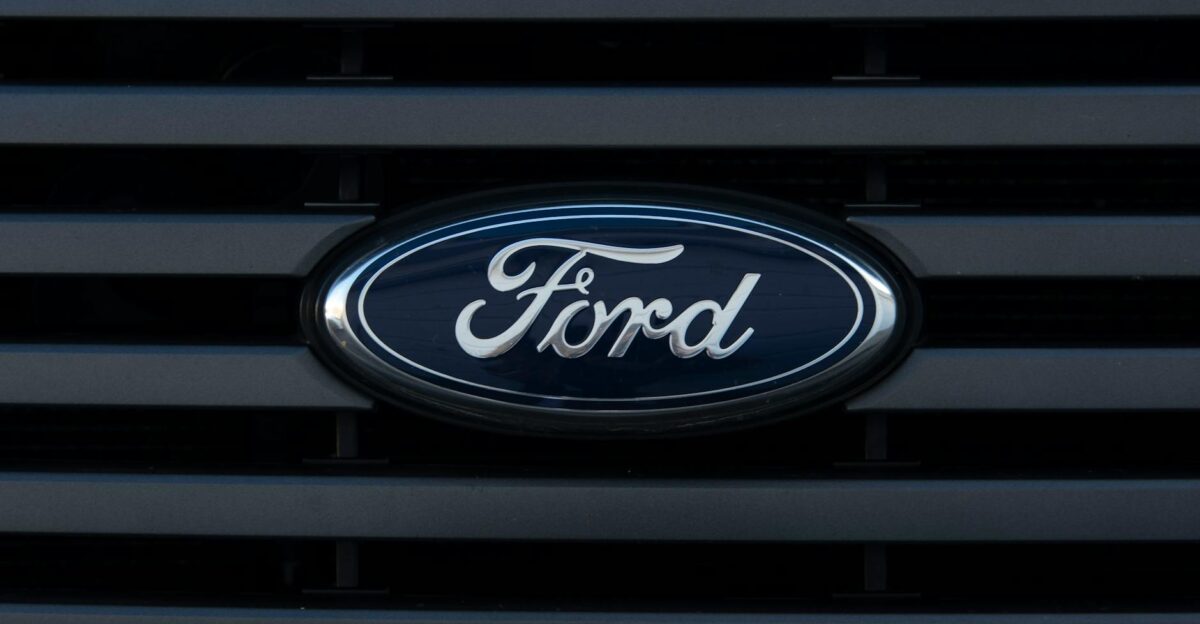
Faced with shortages, Ford called the interruption a pull forward of planned downtime, meaning they’d pause now instead of later in the year.
Behind the scenes, executives were pushing hard to find new aluminum sources and carefully ration what they had left.
Shockwaves Throughout the Auto Industry
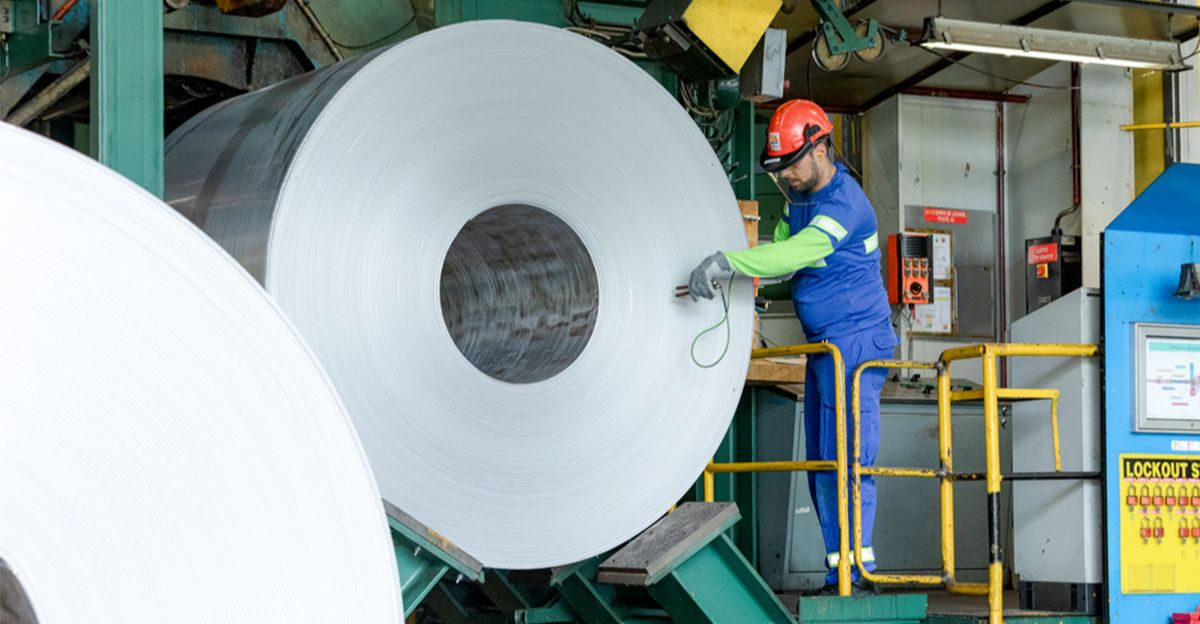
Novelis supplies nearly 40% of the aluminum sheet used by U.S. automakers. This means other car companies, not just Ford, are feeling the pinch too.
As a result, the supply shortfall is already forcing multiple producers to reconsider their manufacturing schedules and material sourcing. Analysts warn this event could ripple through the entire 2026 model-year rollout, causing delays, cost increases, and limited vehicle availability for months.
F-Series Trucks Are Extra Vulnerable
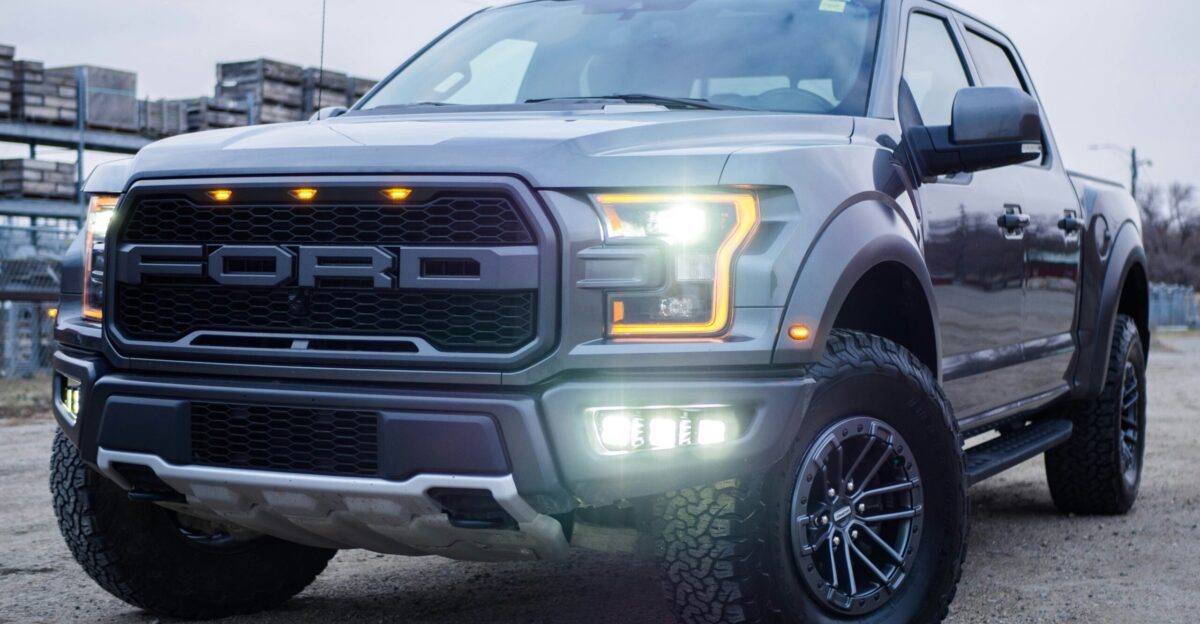
Ford F-Series trucks are especially affected because they use more aluminum than other vehicles. This makes the trucks highly dependent on a steady flow of metal.
Billions of Dollars Could Be Lost
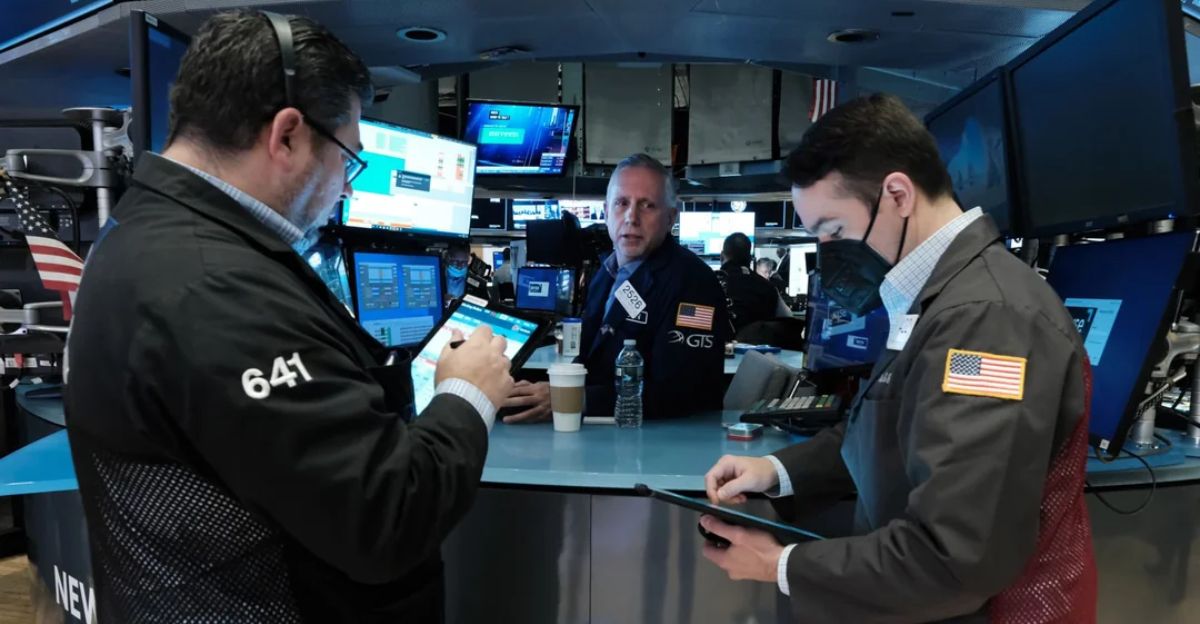
Analyst reports from Evercore ISI and Morningstar project losses between $500 million and $1 billion in earnings before interest and taxes (EBIT) for Ford due to the prolonged production shortfalls in its F-150 and other models.
Adding to the fire-driven disruption, President Donald Trump’s reinstated 50% tariff on imported aluminum and 25% tariffs on vehicles and parts are dramatically increasing alternative sourcing costs.
Dire Warnings from Market Experts
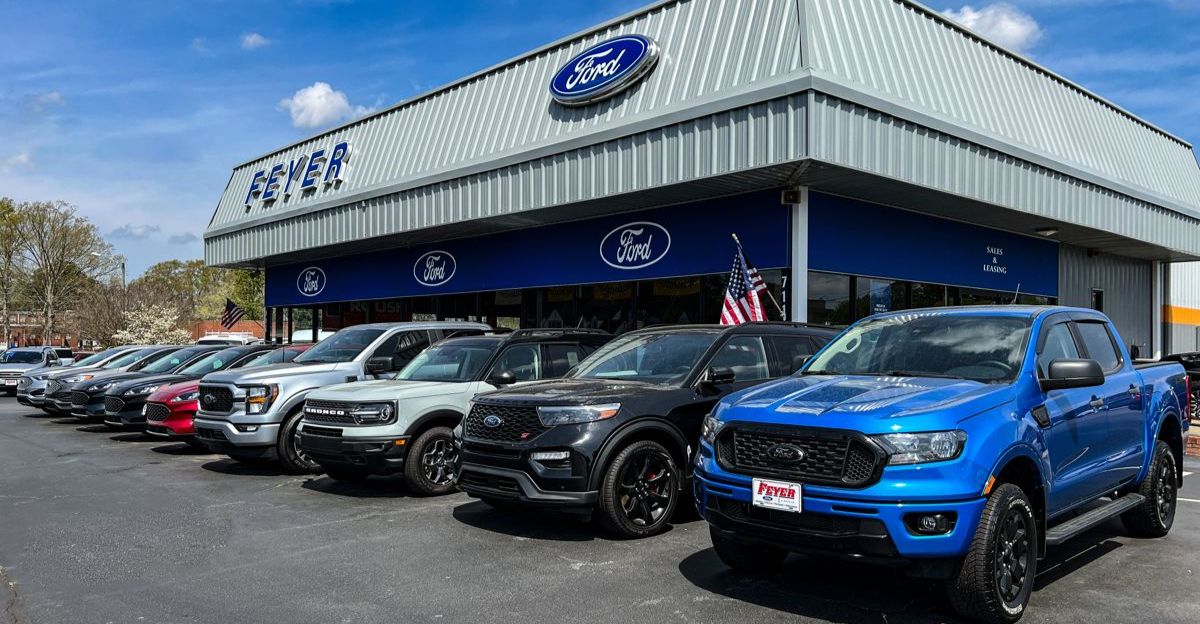
Financial analysts suggest that a 20% sales drop in Ford’s F-Series this quarter could reduce Ford’s earnings by about $800 million.
The financial markets have already responded sharply to the unfolding crisis. Ford’s share price fell nearly 6% immediately after the fire and continues to show volatility as investor fears mount over extended production shutdowns.
Electric Truck Production Put On Hold
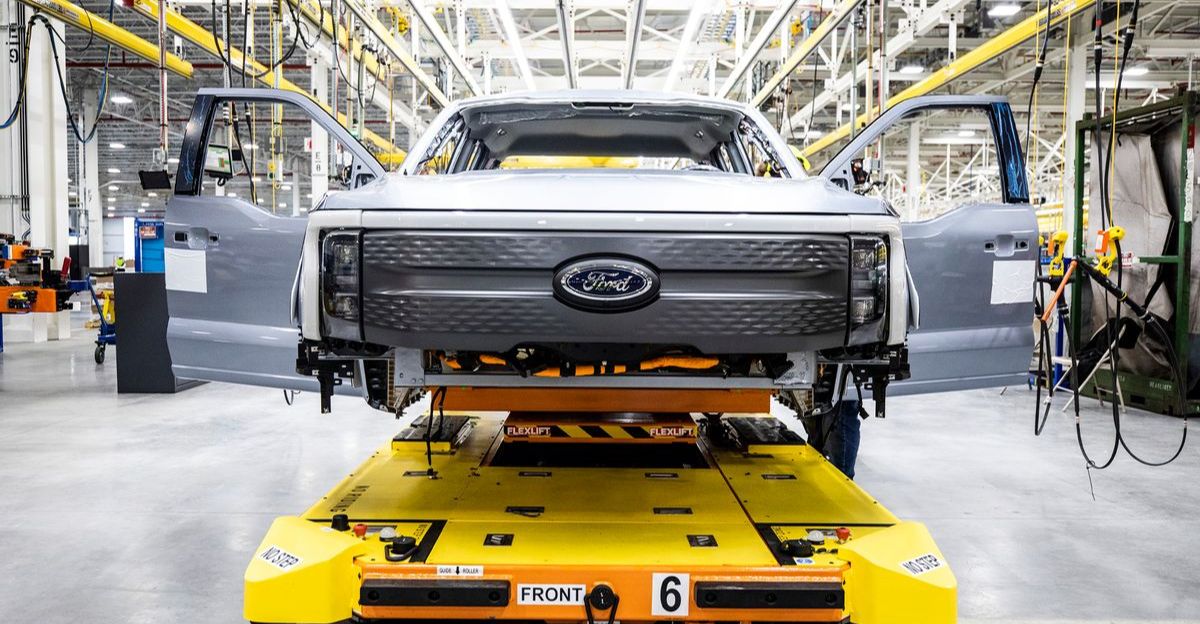
Ford suspended assembly of the F-150 Lightning at its Rouge Electric Vehicle Center in Dearborn, Michigan, as soon as it became clear there wasn’t enough aluminum to sustain operations.
This production pause threatens Ford’s electric momentum at a decisive moment; Q3 sales for the Lightning had just set new records, and the model had emerged as the top-selling electric truck in the country. The timing is especially damaging given the recent expiration of the $7,500 federal EV tax credit, which already made prospective buyers more price-sensitive.
Ford’s Other Financial Pressures
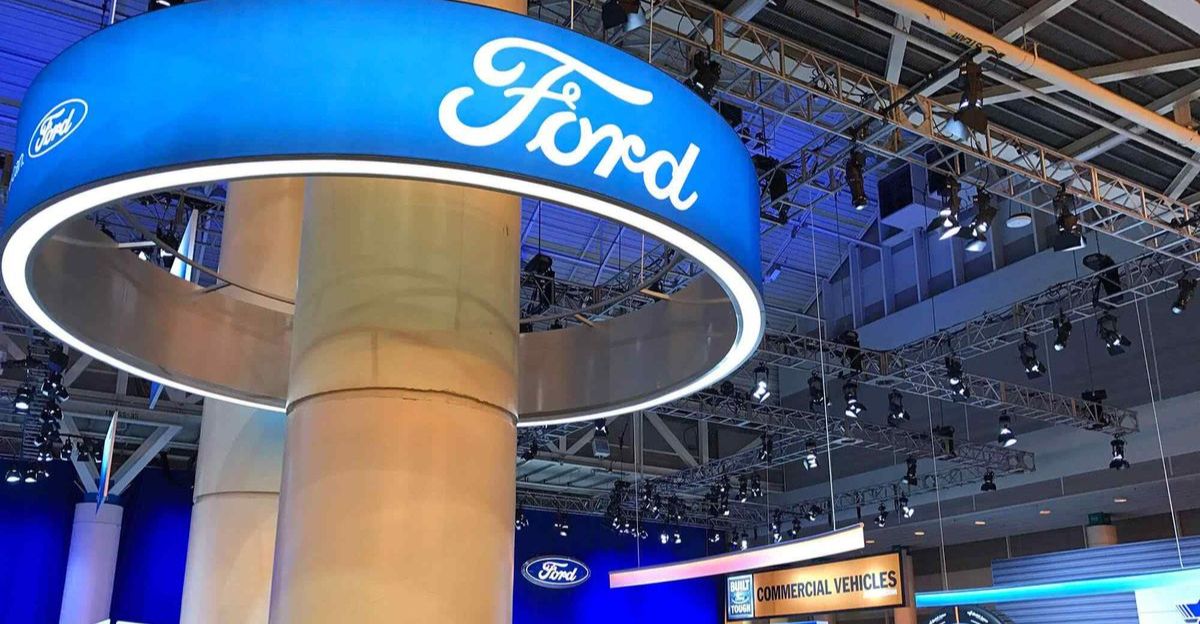
Even before the fire, Ford was facing big money problems. In the first half of 2025, the Model e division, which oversees all EV models, reported losses of about $2.2 billion, with Q2 alone seeing a loss of $1.3 billion despite doubling revenues year-on-year.
Analysts estimate total EV and software segment losses will reach up to $5.5 billion for the full year, mirroring last year’s difficulties.
Desperate Hunt for Aluminum Overseas
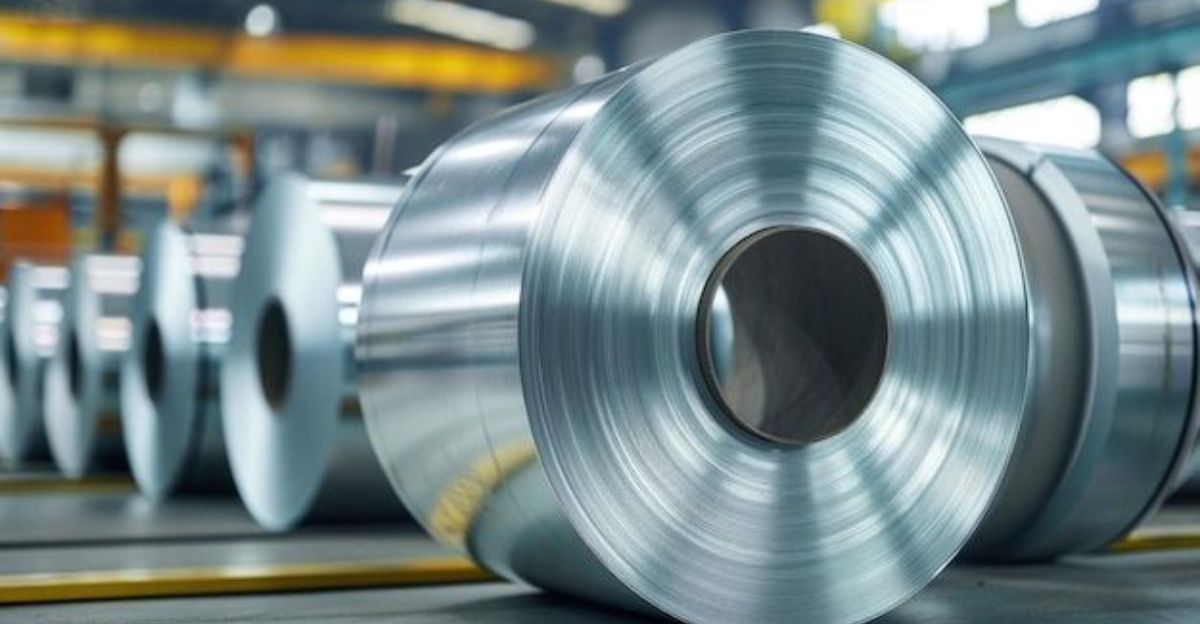
Ford is now trying to buy aluminum from around the world, but finding material that meets strict standards takes time. The automaker’s procurement teams are engaging suppliers across Canada, Europe, and Asia to maintain continuity for key models. Despite the financial penalty, analysts say Ford will have no choice but to proceed.
Technical Obstacles and Delays
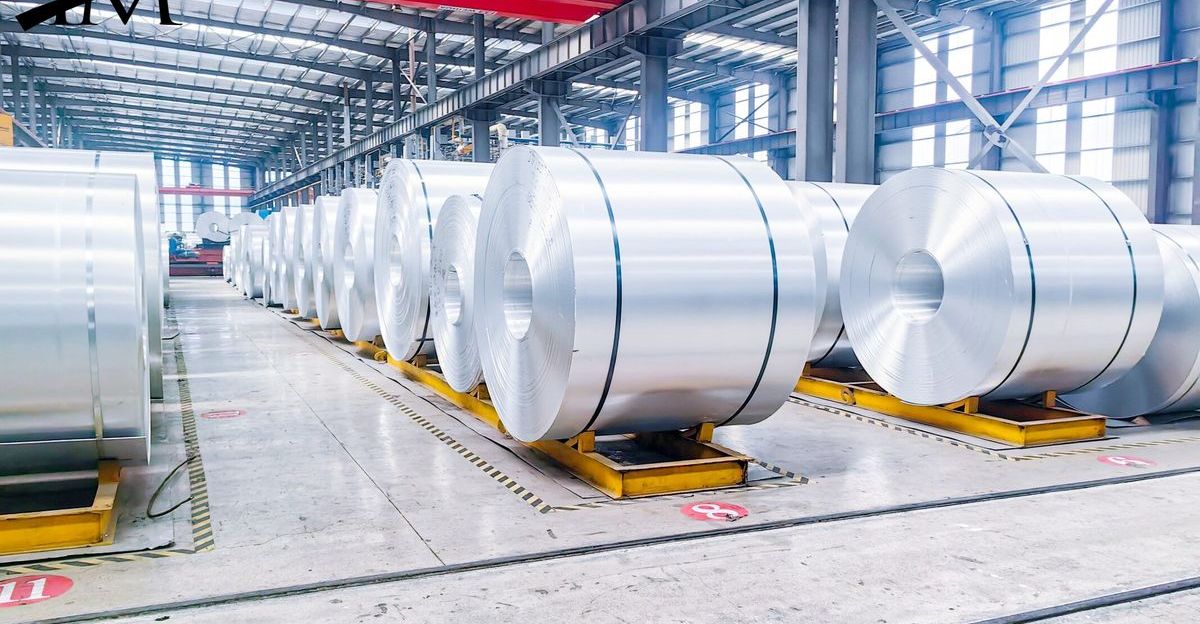
Before Ford can use new aluminum suppliers, the materials need to pass tough tests. Novelis says the approval process will be faster since it already works with automakers globally, but it usually takes several months.
Ford’s Efforts to Keep Working
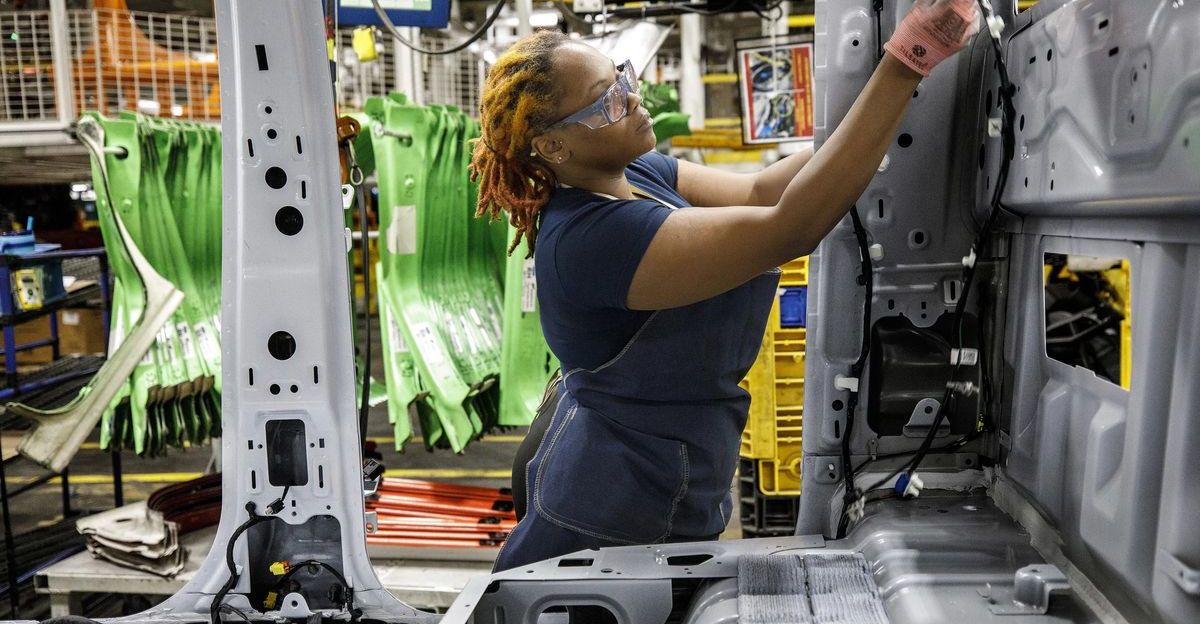
To make supplies last, Ford has cut back on working shifts and grouped SUV production together, but these are only short-term fixes. They are strategically managing production at affected plants.
At the Kentucky Truck facility, two-thirds of operations continue mostly unaffected for now, using remaining aluminum stocks and prioritizing high-margin vehicles, while the Dearborn Truck Plant has maintained output of gasoline F-150 models.
Suppliers and Communities Feel the Heat
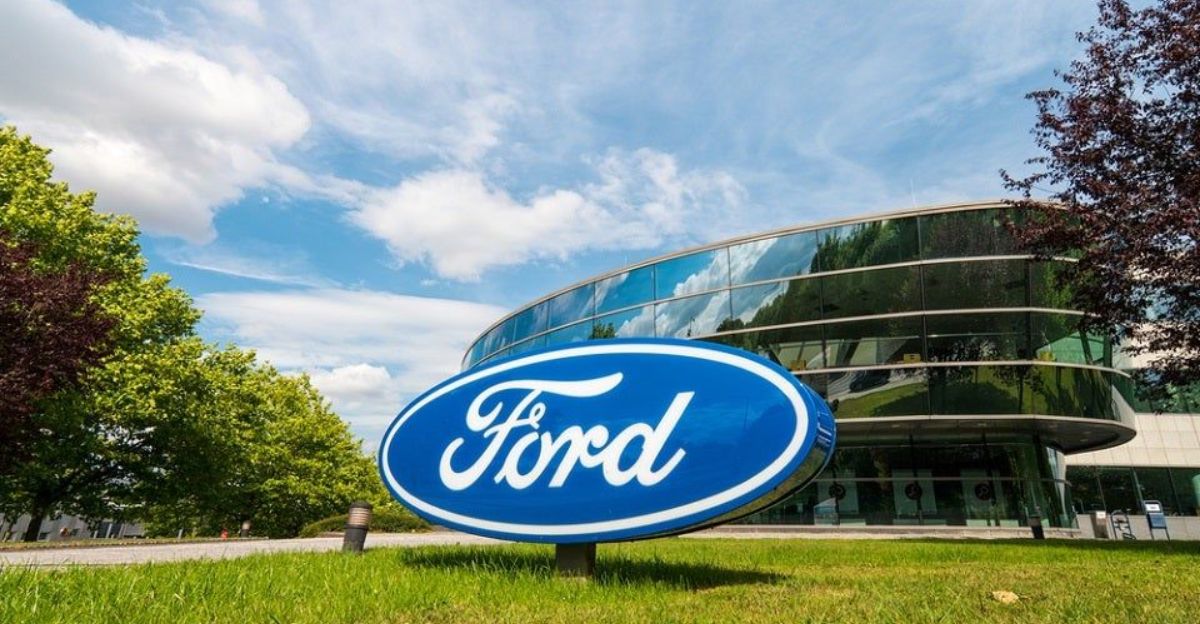
The damage isn’t limited to Ford. Many other businesses and towns that depend on Ford’s factories and suppliers are facing hard times as the company struggles.
Truck Shortages May Hit Buyers

With fewer new trucks being made, buyers could soon see shortages and higher prices, especially as demand remains strong in the United States. With the new supply restrictions, consumers could face elevated prices and longer wait periods for their truck orders.
Analysts say Ford’s average dealer inventory for the Expedition and Navigator had already plunged by more than 30% compared to 2024 levels before the fire.
Ford’s Surprising Stock Performance
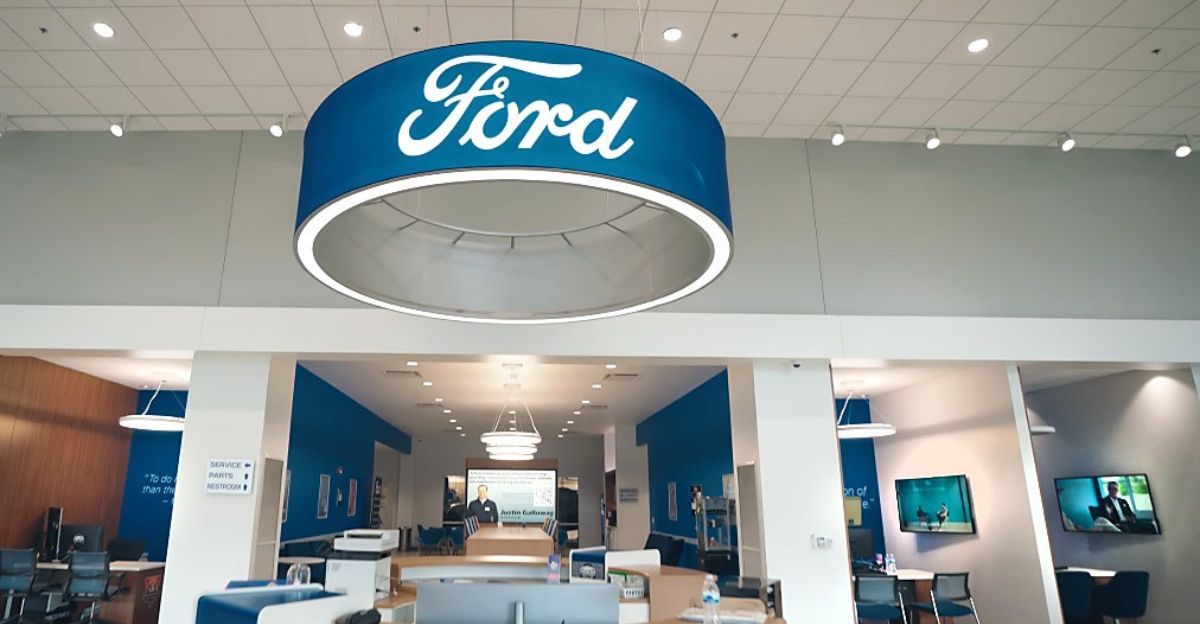
Despite all the problems, Ford’s shares have actually climbed 24% in 2025. Investors seem to believe Ford’s long-term outlook is still solid, even if sales take a hit in the short run.
What’s Next?
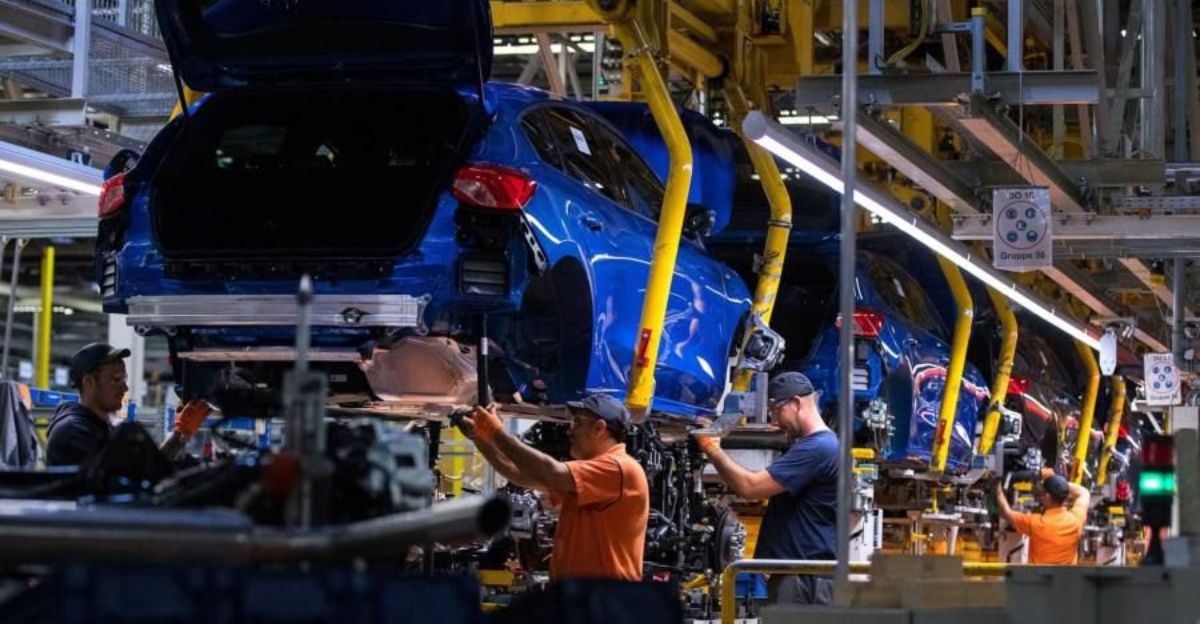
With tens of thousands of jobs at stake, experts warn the crisis shows how fragile American manufacturing can be. America’s auto industry may need to rethink how it prepares for disasters like this, making sure one accident doesn’t stop the nation’s most important vehicles from being built.